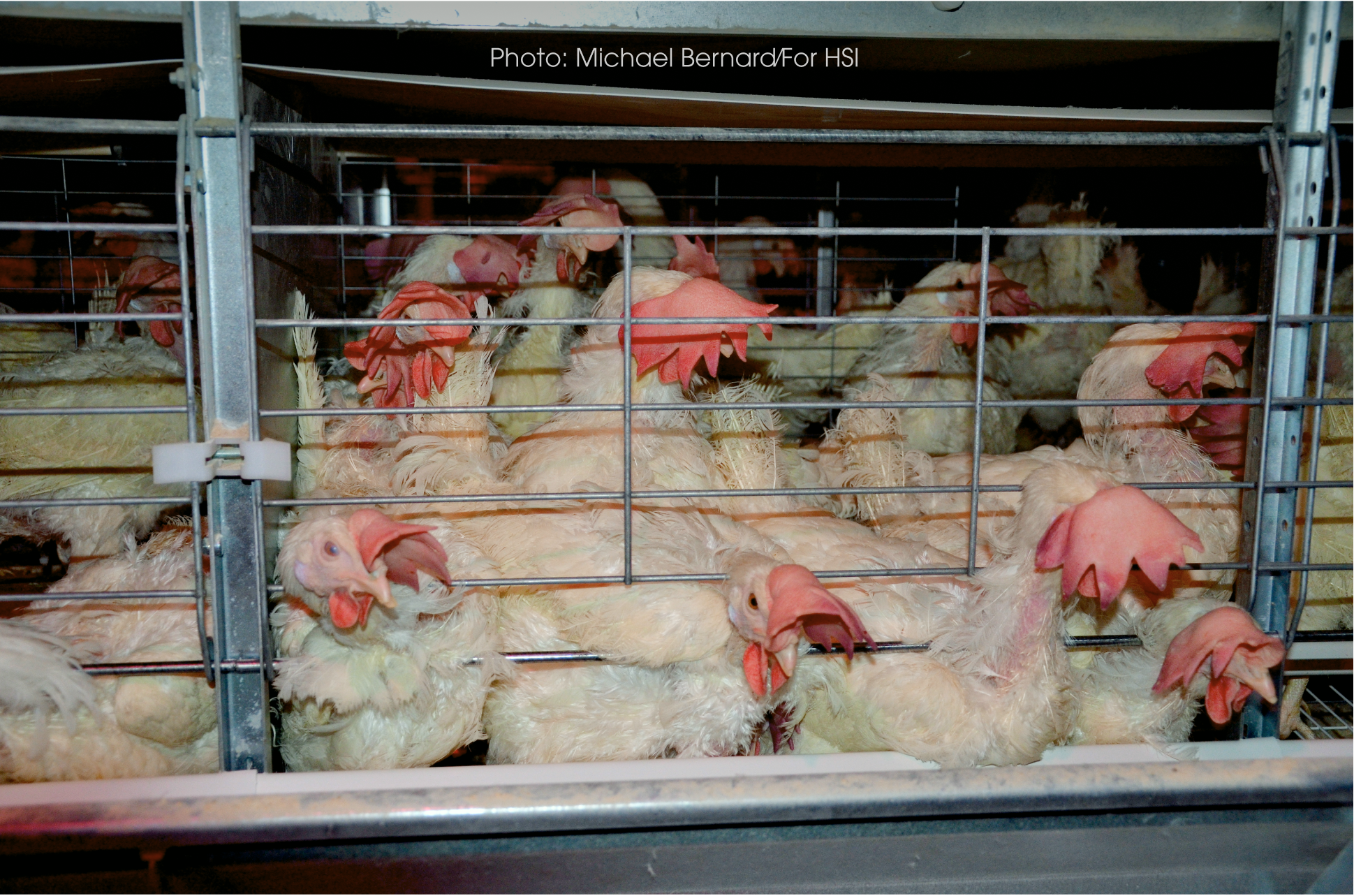
Leading Canadian food companies risk failing to meet sustainability promises: Report
By Food in Canada Staff
Food In Canada Meat &Poultry animal welfare Editor pick Mercy For Animals
Many leading food companies in Canada risk failing to meet key sustainability promises made to consumers, according to the third edition of Mercy For Animals’ annual Canada Animal Welfare Scorecard.
The only benchmarking tool of its kind in Canada shows that Canadian consumers are right to be distrustful of sustainability claims, as many of the country’s largest food companies are not keeping their promises regarding animal welfare in their supply chains.
The report, which ranks major companies on the quality, transparency, and progress of public pledges to address pressing animal welfare issues, reveals that much of Canada’s food industry is not on track to meet fast-approaching deadlines and has fallen behind its counterparts in Europe and the United States.
Canadians care about transparency in the food system. The scorecard evaluates major household names in grocery retail and foodservice, including Loblaws, Tim Hortons, Metro, and A&W, on their transitions to cage-free eggs, crate-free pork, and chicken aligned with Better Chicken Commitment standards.
Key findings from the 2023 Canada Animal Welfare Scorecard see some companies making encouraging progress while others fall behind:
- A&W Canada reported a 100 per cent transition away from gestation crates for its pork supply, and Recipe Unlimited, Canada’s largest full-service restaurant company, reported it was nearly halfway to sourcing 100 per cent crate-free pork.
- Global foodservice and manufacturing companies continue to lead on transparency, with Compass Group, Kellogg’s, and General Mills all publishing roadmaps outlining plans to transition their egg supply to cage-free.
- Six years after committing to banning cages from its egg supply chain by 2025, Tim Hortons pushed back its deadline to 2030 without any transparency on its progress to date.
- MTY Group, parent company to over 50 restaurant brands with nearly 7,000 locations, failed to publicly report any progress or implementation plans on its chicken welfare commitments.
- Foodtastic, parent company of Milestones, Pita Pit, and others, received a score of zero out of a possible 300 points for failing to publish any animal welfare policies despite long-standing commitments of several of its brands.
“Over the past decade, the biggest food companies in Canada have committed to ending some of the worst animal welfare practices in their supply chains — and leaders in this space, like A&W and Compass Group, are proving that it can be done,” said PJ Nyman, corporate engagement manager at Mercy For Animals. “But as commitment deadlines approach, the third edition of Mercy For Animals’ annual Canada Animal Welfare Scorecard reveals that many companies are not on track. These companies need to increase transparency and accelerate progress to demonstrate that they are treating critical corporate responsibility issues with the urgency they deserve.”
Recent consumer research shows that Canadians overwhelmingly support improving animal welfare and increasing transparency in our food system. In a 2023 study by Deloitte more than half of Canadians surveyed said they didn’t believe most green or sustainability claims brands make, and in a 2023 poll by Bryant Research over 80 per cent of Canadian respondents said they would be more likely to purchase from companies that were transparent about their progress toward fulfilling their cage-free egg commitments. In the same study, 75 per cent of respondents said that keeping hens in cages was unacceptable.
“Farmed animals in Canada continue to suffer in intensive confinement in cages and crates, are crammed together in windowless barns, and are painfully slaughtered through brutal methods,” continued Nyman. “Mercy For Animals works with food companies and provides resources, connections, and expertise to guide them in adopting and implementing meaningful animal welfare policies that are aligned with consumer expectations and globally recognized standards. Corporate purchasing has the potential to spur meaningful change for millions of animals, and Canadian consumers expect companies to keep their promises to improve animal welfare.”
Print this page